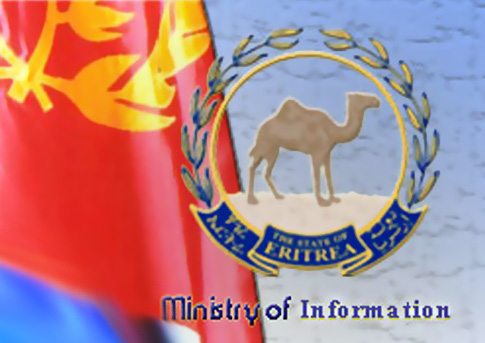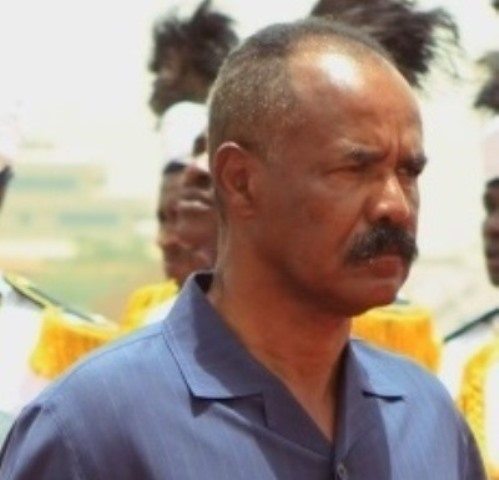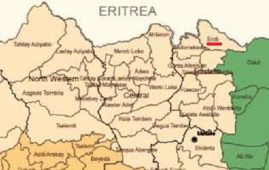On Thursday last week, Djibouti’s Minister of Interior, Hassan Darar Houffaneh, announced the opening of two weeks campaigning for the elections for Djibouti’s Legislative Assembly. Election Day is Friday, February 22nd. The Minister made a solemn appeal to all candidates to conduct themselves appropriately, “to maintain the necessary tranquility during the electoral period and refrain from rhetoric or behavior that could disrupt harmony and social peace.”
He also called on citizens to exercise their civic duty and vote for the 65 seats in the Djibouti Assembly. More than 173,900 citizens registered to vote. Until now all elections for the Assembly have been held under a majority list system, under which the party which took the most votes, also filled all the 65 seats in the Assembly. The opposition has always strongly opposed this system which has deprived it of the ability to have even a small minority representation in the Assembly. Last November, however, the government approved the replacement of the majority list system with a mixed-list system. Under this, the party which gets the most votes will get 80% of the seats in the Assembly, but 20% of the seats will be awarded on the basis of proportional representation. The vote on February 22nd will be the first under the new system and it is expected to offer the opposition a greater chance of representation in the Assembly.
Candidate lists from the three coalitions involved were approved last week. The five party ruling Union for a Presidential Majority (UMP), the party of President Ismail Omar Guelleh, has been in power for a decade. The opposition coalition Union for National Salvation (USN) led by Ismail Gedi Hared was formerly called the Holy Union for Change. The third grouping is the newly formed centrist Centre for Unified Democrats (CDU), led by Omar Elmi Khaireh.
All three parties were presenting their candidates to the public in Djibouti at the weekend and earlier this week. The leader of the Union for a Presidential Majority coalition, Ilyas Moussa Dawaleh on Sunday called on the public not to be swayed by the promises of opposition parties: "Thanks to the policies implemented by President Ismail Omar Guelleh, and parties that make up this coalition, our country is advancing, changing and building itself. Its future looks bright," he said. Ismail Gedi Hared of the Union for National Salvation coalition renewed a call for free and fair elections at a rally over the weekend, claiming the time of “people who cling to power is now over and the will of the people must speak for change." The Centre for Unified Democrats (CDU) held its rally on Monday and Omar Elmi Khaireh, calling on CDU supporters to be sure to vote, drew attention to the problems facing the current government, which he claimed included corruption, nepotism and favoritism. All of these were, he said, hindering Djibouti’s economic progress.
The opposition parties have claimed that they are not competing on a level playing field, as several opposition websites are being censored by the government; while government supporters point out that all the parties taking part in the election have been given equal airtime and this provides the "proof of the government’s good faith". Meanwhile, the Djibouti Independent National Electoral Commission began a series of visits around the country at the beginning of this week to monitor election preparations and the distribution of voter ID cards and other material.
****************
* Originally published on A Week in the Horn – February 15, 2013 issue, titled “Elections to Djibouti’s Legislative Assembly”. Items from A Week in the Horn are re-published here with a permission to do so. You may republish it with attribution and no modification to its contents.
Check the archive for related posts.





